Living off the land, starting a smallholding, being at one with the rhythms of nature… it all feels like a bit of a dream for most. An aspiration that allows you to escape from the day job, something that you feel is ‘for the future’.
While there is nothing wrong in blissful daydreams, the trouble is, we are only ever in the here and now. If you want to achieve something, like starting a smallholding, you just have to make a start.
Learning how to keep livestock, growing your own veg and incorporating sustainability is not something reserved for countryside dwellers, or landowners. It is surprising just how much you can do in an average sized back garden. Heck, even a balcony can be productive if you know how to use the space!
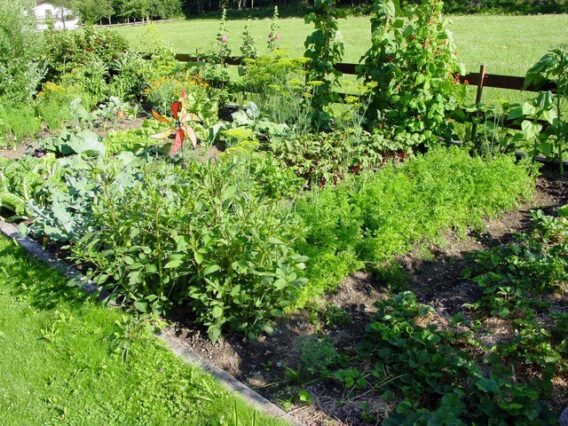
Here are some of the top questions people want to know about staring a smallholding:
Q. How much time does it take to run a smallholding?
Starting a smallholding requires a significant time commitment, but the amount of time needed will depend on different factors such as the size of your land and the activities you plan to engage in. Typically, you should be prepared to dedicate several hours each week to maintenance tasks such as weeding, watering, and animal care. Additionally, certain activities like planting, harvesting, and animal husbandry may require more intensive time and effort during specific seasons.
However, that also depends on what types of crop you produce and the livestock you raise. Plant some easy to grow crops, such as herbs like chives or mint, for example. They come back year after year, need no attention and you can just pick them when you want to use them.
Don’t have time for keeping livestock? How about a beehive at the bottom of the garden? During winter, there is little to do, and during the summer months it will just take a few minutes each week to check on the hive. Learn the basics, look after your hive and a few jars of delicious golden honey from your own bees is a fine reward!
While you might not have the time for some aspects of smallholding, there is always time to do something positive to put home reared food on your table.
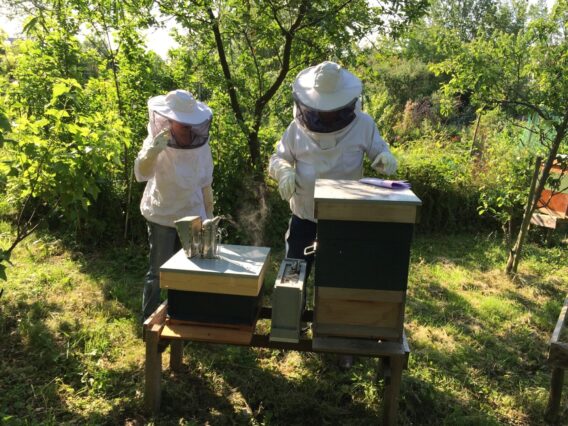
Q. How can I start a smallholding in a town?
There’s is plenty of home farming that can be done in an urban setting. Small gardens can provide a host of food if you use the space creatively, even concrete yards can be productive if you grow food in containers and hanging baskets.
Make use of rooftop space. Ever heard of Hackney Honey? What started off as a hobby for one family has now developed into a thriving business, all from keeping bee hives on the flat root of their home.
If you want to expand, or want to get involved with larger livestock, how about searching for local community farms? They are always on the look-out for volunteers, and you get to hone your farming skills and benefit from the produce, and it’s a way to meet other like-minded people.
Know someone with an unkempt garden? Knock on doors, make phone calls, write letters, ask people to share their land in return for a share of the produce. You can also write to your local council about any derelict land in the area that could be used for growing food.
Get an allotment and see what you enjoy growing. If it feels like too much work, see if there is someone who wants to share it with you. Some allotments allow chickens to be kept too, and their manure can be rotted down to make a good fertiliser.
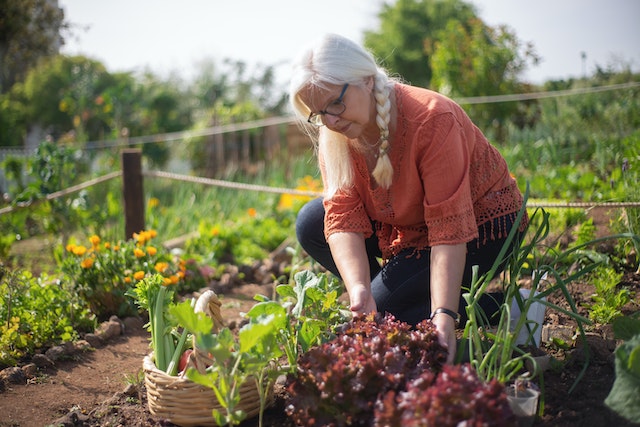
Q. How much space do I need for a smallholding?
A smallholding is usually defined as being an area of less than 50 acres, that is used to produce food for the table with possibly enough to sell to make a profit. Starting a smallholding doesn’t mean you need acres of land, you just need to work with the land you have, or that you have access to.
No matter what size you have to work with, there is always something you can do. While you can’t keep cows in your garden, there is the possibility of keeping larger livestock in other areas. For example, you could rent some land nearby. Most average sized back gardens will support a few chickens, so you could be enjoying fresh eggs for breakfast every day.
Small gardens can also be very productive. Fruit trees can be trained to grow to almost any shape, fitting neatly against a wall or fence. If you have a balcony, consider using the wall space to grow herbs, fruit and vegetables.
Decide what you would like to produce from your space, then look at creative ways to make it happen. When you are starting a smallholding, it is fine to start small!
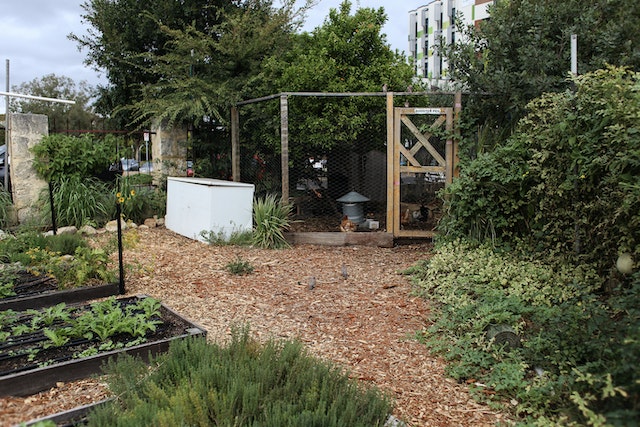
Q. Can I start a smallholding with no experience?
Yes, it is possible to start a smallholding in your back garden with little to no prior experience. While experience can certainly be beneficial, it is not essential for embarking on this journey. With motivation, research, and a willingness to learn, you can gradually develop the necessary skills and knowledge to manage your smallholding effectively.
To get started, consider taking some basic courses, attending workshops, or joining local gardening or farming groups to gain insights from experienced individuals. Educate yourself about plant care, animal husbandry, and sustainable farming practices through books, online resources, and mentorship opportunities.
Remember to start small and gradually expand as you gain confidence and experience. Don’t be afraid to ask for help and guidance from knowledgeable individuals in your community. With patience, perseverance, and a genuine passion for the work, you can successfully establish and manage your own smallholding, even without prior experience.
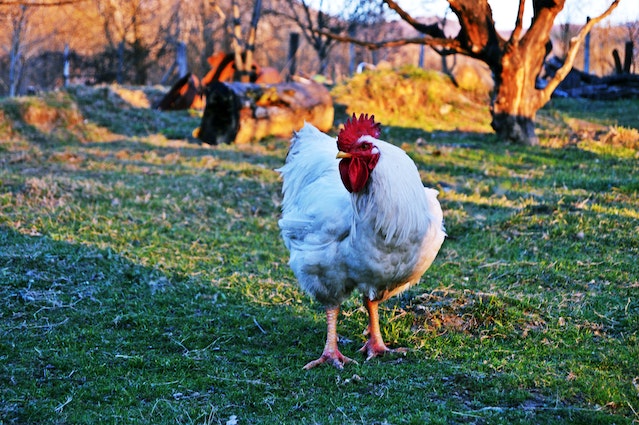
Q. Can I start a smallholding with no money?
Starting a smallholding with no money may seem challenging, but there are several strategies you can employ to minimise costs and get started on a limited budget. Here are some suggestions:
Utilise existing resources: Look around your property and see what resources you already have. Repurpose old containers or materials for raised beds, use recycled materials for fencing or animal shelters, and make use of existing structures like sheds or outbuildings.
Start small: Begin with a small portion of your garden or utilize containers for growing vegetables. Start with a few chickens or rabbits instead of larger animals like goats or pigs. This will help manage costs and allow you to learn gradually.
Exchange or barter: Explore community networks or online platforms where you can exchange plants, seeds, or even livestock with other farmers or gardeners. This can help you acquire the necessary resources without spending money.
Seek donations or support: Reach out to friends, family, or local organisations who may be willing to donate seeds, tools, or even provide small loans to help you get started. You can also consider crowdfunding platforms or applying for grants specifically aimed at supporting small-scale agriculture.
Make your own compost and fertiliser: Instead of purchasing expensive fertilizers, start composting organic materials from your kitchen scraps, yard waste, and even animal manure if you have access to it. This will help provide nutrient-rich soil amendments for your garden.
Grow and save your own seeds: Rather than buying seeds each year, learn the art of seed saving. Collect and save seeds from your own harvest, ensuring a continuous supply of plants for future seasons.
Remember, starting a smallholding on a limited budget requires creativity, resourcefulness, and patience. It may take time to establish and grow, but with dedication and careful planning, you can gradually build a thriving smallholding without breaking the bank.
So what next? It’s up to you. If you are thinking of starting a smallholding, the way to begin living The Good Life is just to make a start, and see what happens. The more you do, it becomes a way of life, and more you will achieve.
Are you a smallholder, home farmer, urban grower, or volunteer at a community project? How has it benefited your life?
Want to know more about starting a smallholding for beginners? Want to know how to live off the land, no matter what size space you have?
Our own book, Smallholding: A Beginner’s Guide to Raising Livestock and Growing Garden Produce shows you how.
From a few acres to a back garden, you can bring the joys of smallholding into your life. Learn how to make your own compost, livestock essentials, saving seed and much more!

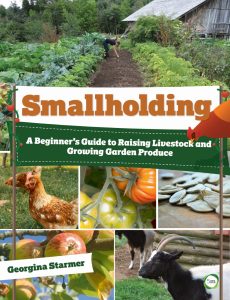
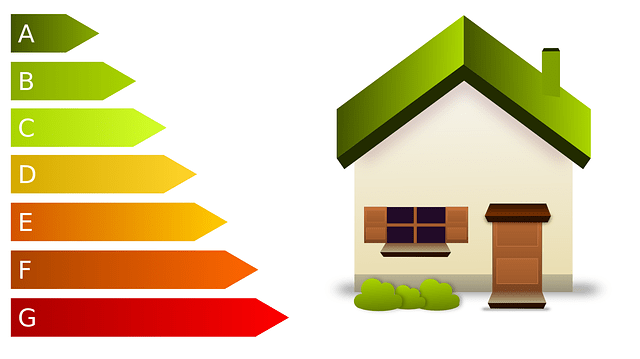
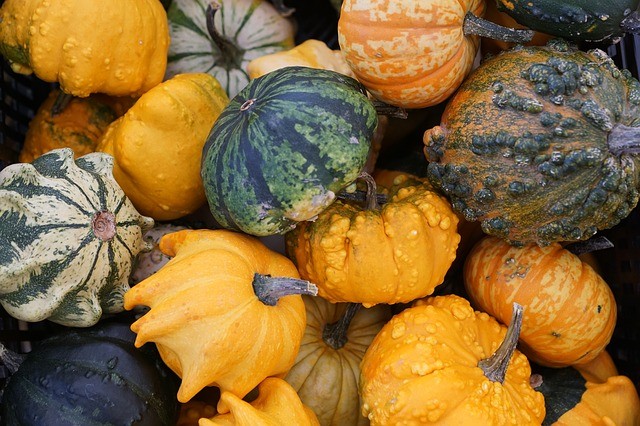
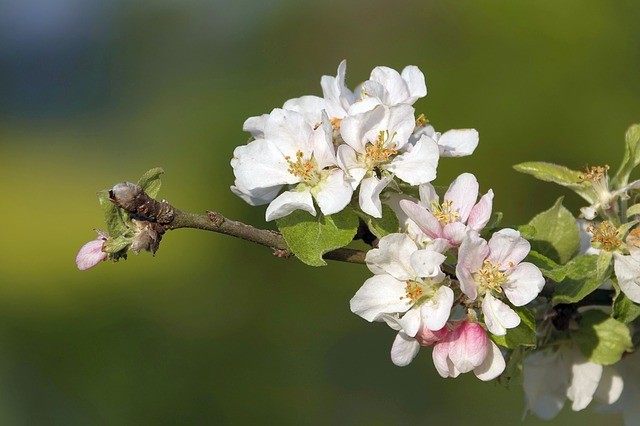
Hi
I am looking at starting up a small holding and would welcome some advice on land purchase